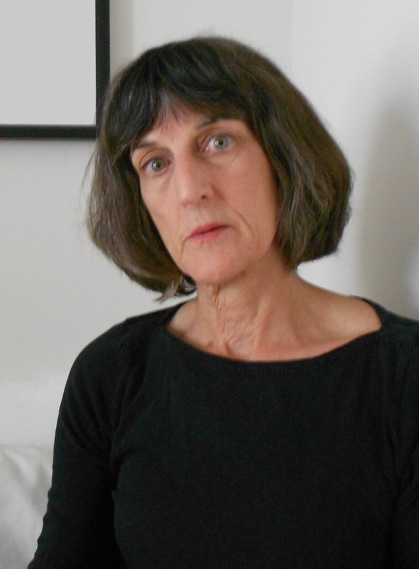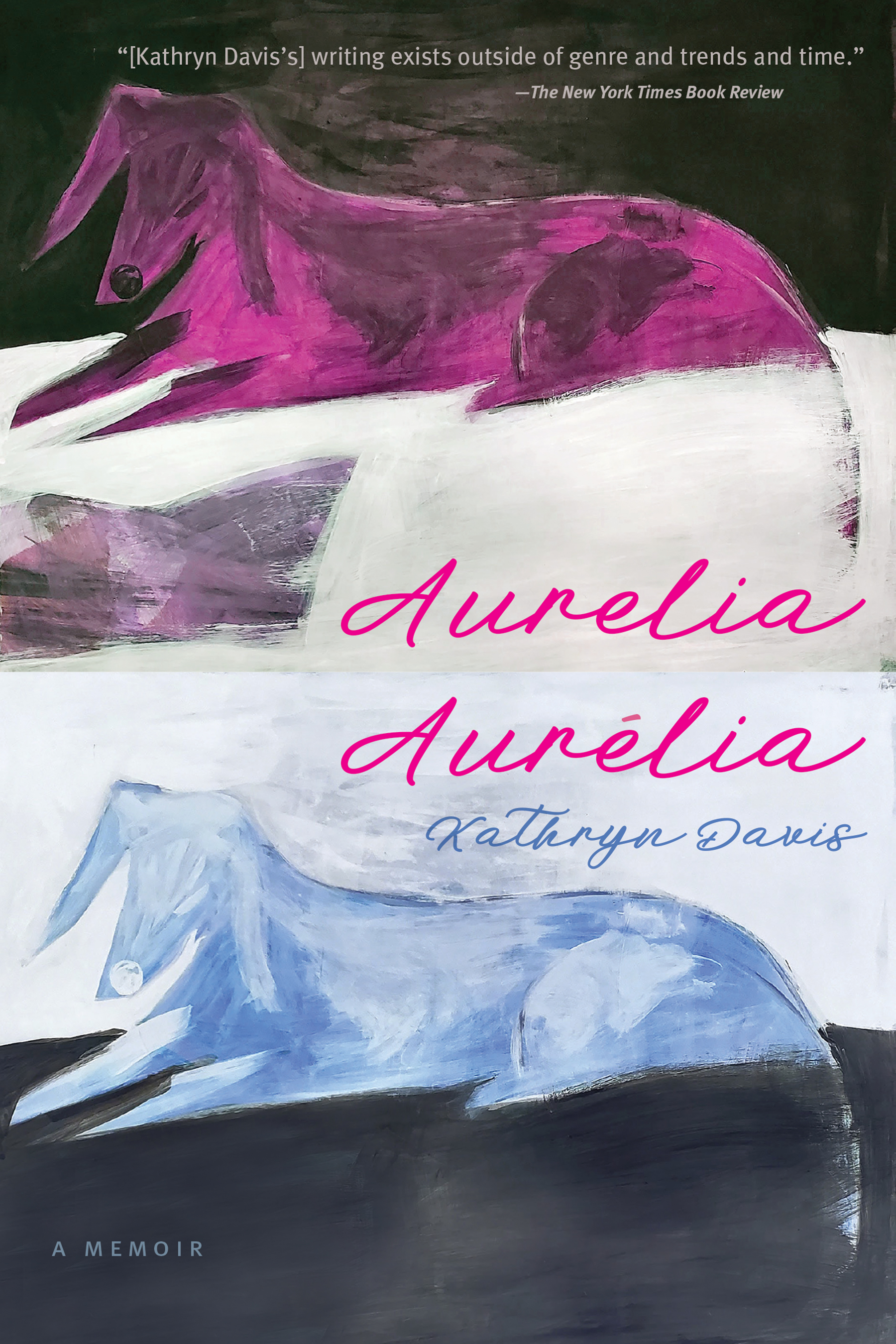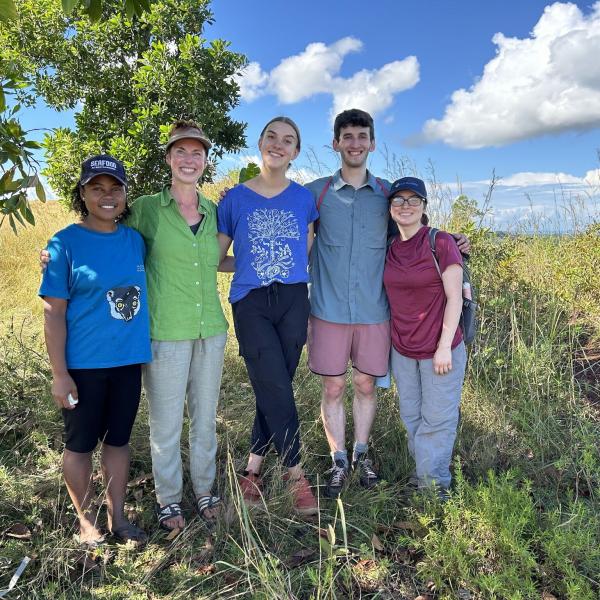
As a novelist, Kathryn Davis never intended to write a memoir. The book that would become Aurelia, Aurélia: A memoir (Graywolf 2022) started off as an entry in Graywolf Press’s book series about the craft of writing. Davis, the Hurst Artist in Residence, was working on a book about the art of transition. As she worked on the project, she found herself particularly enjoying the parts where she was writing about her life experience, eventually realizing that the book had become a memoir, albeit one that pushes the boundaries of the genre.
“All of this was happening during the last couple of years of my husband’s life, and through his dying and death,” Davis said. “The book that emerged is about what it means to live a life. That question can be applied to the life of someone you’ve lived with who has died, but it also applies to you, the person who is still alive.”
Davis’s late husband, Eric Zencey, was a noted ecological economist who taught in Sam Fox and Arts & Sciences.
In Aurelia, Aurélia, Davis reflects on her younger self traveling abroad and reading the authors that would be foundational influences on her as a writer. The book includes fiction and literary criticism alongside the kind of personal narrative that is more conventional of memoir as a genre. There are even two chapters that are actual ghost stories. This multifaceted approach to memoir mirrors the book’s interest in the question of the relationship between the various selves that make up a person.
“I’m always interested in the fact that at any point in your life there are all these selves that are still inside yourself,” she said. “Starting with the little, tiny self from even before day one, sort of like the rings of a tree, all of that is still there when you’re old.”
Davis has always played with the boundary between fiction and nonfiction in her work. Her 2002 novel Versailles is a fictionalized look at the life of Marie Antoinette, and 2019’s Silk Road includes a recreation of the tunnel between Duncker and January Halls on WashU's campus. For Davis, the boundary between the autobiographical and the fictional is always somewhat porous.
“I feel like fiction and nonfiction are sort of the same thing. You can look at everything in the new book and say that it is both memoir and fiction. It just feels like the membrane between those two elements is very thin.”
Nevertheless, Davis resisted calling the book a memoir for a long time. She says that she would have preferred to call it a voyage, recognizing that Aurelia, Aurélia travels between the selves of her past while also imagining lives yet to be lived.
More information about Aurelia, Aurélia can be found on the publisher’s website.





